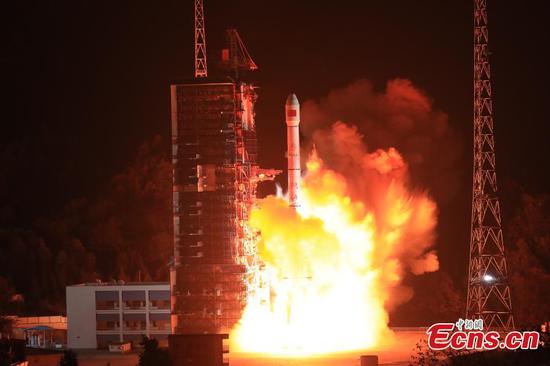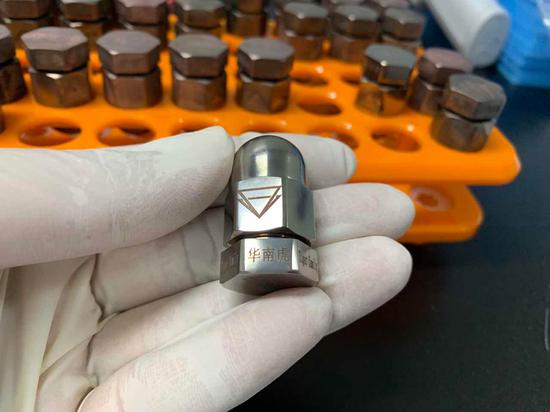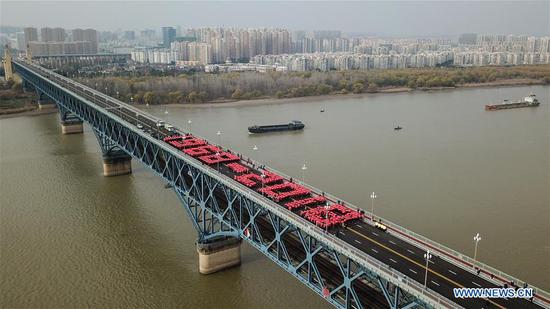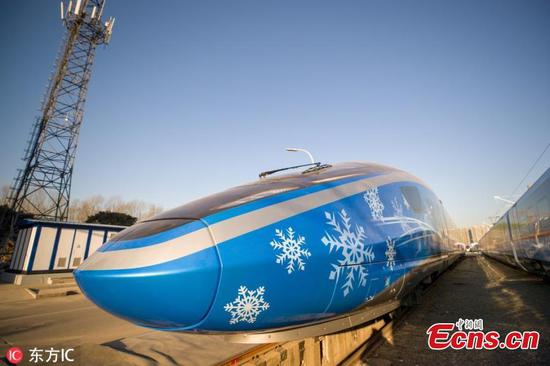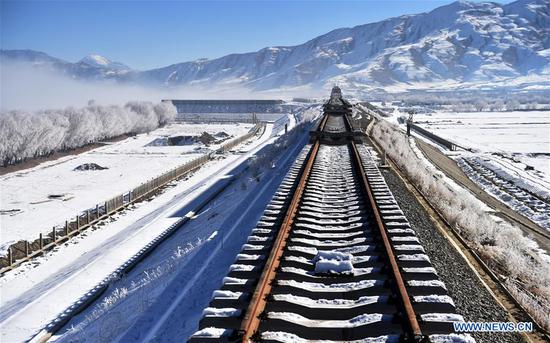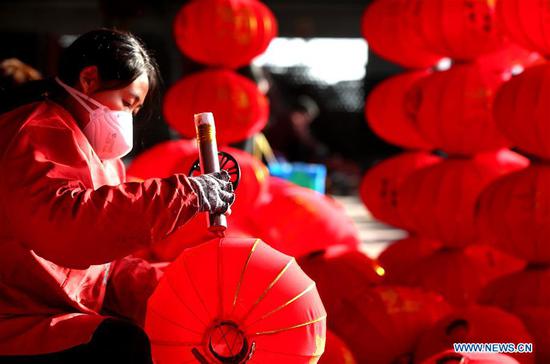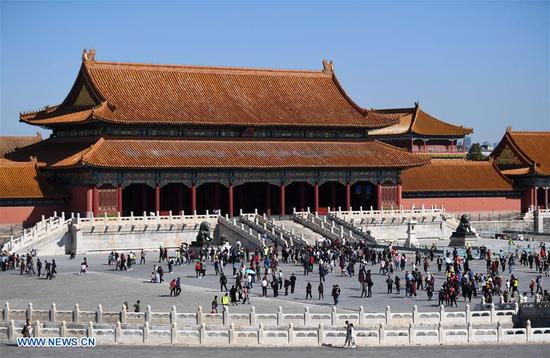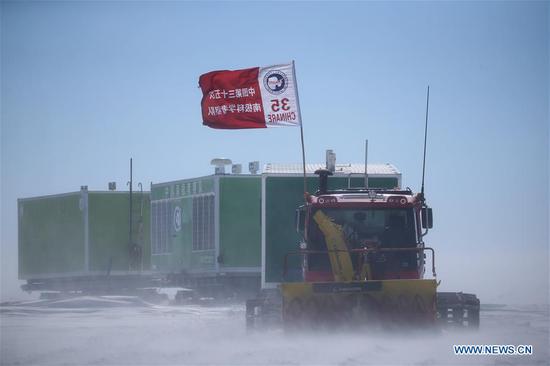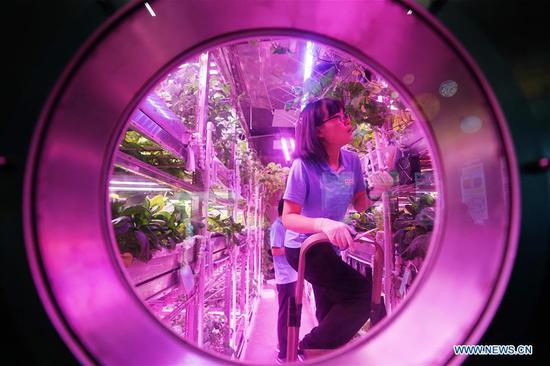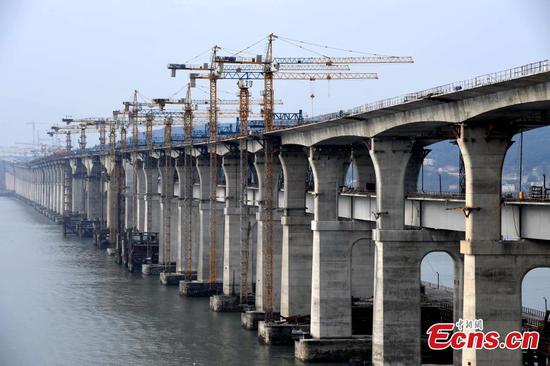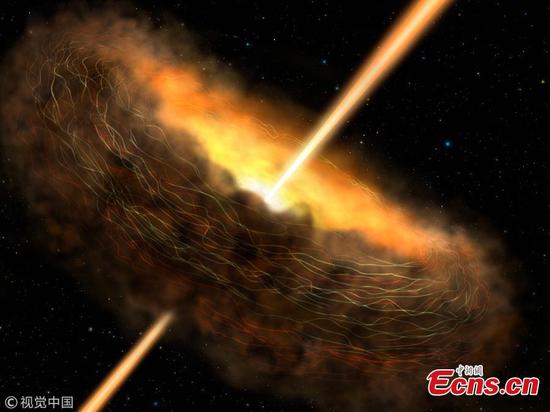
Employees work on the production line of Foxconn Technology Group in Shenzhen, Guangdong province. (Photo provided to China Daily)
Foxconn Technology Group, the biggest assembler of Apple Inc's iPhones, is ramping up its efforts in the semiconductor and chipmaking sector, in a bid to wean itself off its heavy reliance on manufacturing smartphones and diversify into new areas as the global smartphone market slows down.
The company is in the final stages of talks with the Zhuhai municipal government to build a chip plant there with a total investment of about $9 billion, according to a report from Nikkei Business Daily.
Most of this would be shouldered by the Zhuhai government through subsidies and tax breaks, the Nikkei said, citing people familiar with the matter.
The report also said Foxconn is planning to start construction as early as 2020. However, the company declined to elaborate.
Foxconn, formally known as Hon Hai Precision Industry Co Ltd, signed a strategic cooperation agreement with the Zhuhai municipal government in August. The partners will carry out cooperation in the field of chip and semiconductor equipment design.
The initiative comes as China is making efforts to nurture its own semiconductor industry and reduce its reliance on foreign technology.
Although Foxconn has been interested in the chip business, industry insiders say the threshold of tapping the chip manufacturing industry is relatively high. Moreover, high capital expenditure and a large number of experts are required.
"Foxconn may encounter some difficulties in the chip design field, and the easiest method is to acquire some semiconductor companies," said James Yan, research director at Counterpoint Technology Market Research, adding that the company's bargaining power will obviously increase if it successfully enters the semiconductor design and manufacturing sector.
Foxconn has accumulated experience and strength in the assembly and manufacturing of electronic components and sophisticated instruments. Meanwhile, the semiconductor sector has a strong relevance with Foxconn's previous businesses, Yan added.
As the world's largest contract manufacturer, Foxconn acquired Japanese electronics maker Sharp Corp in 2016. Sharp is the only Foxconn subsidiary with experience of chip manufacturing. However, the Japanese company stopped developing semiconductor technology when it ran into financial problems in 2010.
Foxconn previously failed in its bid to acquire Japanese conglomerate Toshiba Corp's flash memory chip business, but the group has not given up on its semiconductor ambitions.
Sean Yang, an analyst from industry consultancy CINNO Research, said Foxconn currently lacks talents within the company to operate in the semiconductor field and may need to find a partner, but its rich experience in manufacturing would help it move into the chip business.









